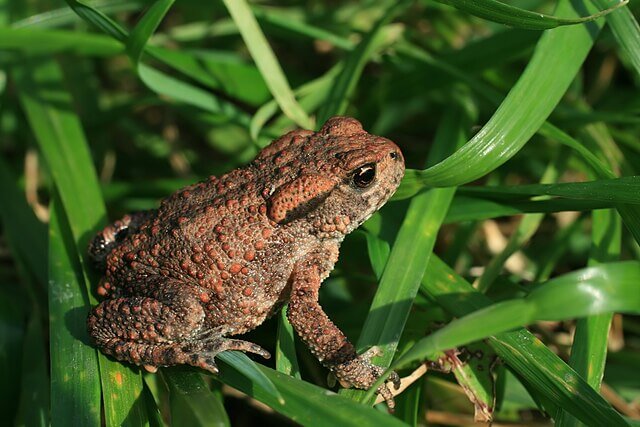
They are an iconic feature of Britain’s natural landscape, woven into myths, fairytales and one of the nation’s most beloved children’s stories. Yet the number of toads hopping across the country’s grasslands, woodlands and gardens has almost halved within a single generation.
“Vast numbers of toads are being lost every year,” said Silviu Petrovan, a senior researcher at the University of Cambridge, who was lead author on the study showing just how uncommon the common toad is becoming.
Their decline reflects that of many other native species in the UK, where the collapse of the natural world is accelerating at a perilous pace — as urgent pleas for conservation increasingly clash with relentless demands for economic growth.
“The base-level population is much lower than it was even in the 1980s – and the decline is ongoing, confirming that we need to urgently act to protect this much-loved and once-common species before it’s too late,” Petrovan said.
The findings are drawn from data collected by volunteer “toad patrols”, who monitor amphibians by gathering and counting toads, frogs and occasionally newts during their spring breeding migrations, typically from March to April.
Between 1985 and 2021, the number of toads recorded by these patrols fell by 41% across the UK. Comparable surveys in Switzerland revealed a one-third decline in toad abundance there since 1973.
Although the study focused on tracking long-term trends rather than pinpointing causes, researchers suggested that road traffic was likely a major factor, alongside the loss of ponds, increasing urbanisation and the decline of invertebrates such as beetles, earthworms and slugs — the toads’ primary food sources.
When Kenneth Grahame published The Wind in the Willows in 1908, his exuberant Mr Toad fell hopelessly in love with the motor car (“Poop poop!”). Over a century later, millions of those very machines now speed along Britain’s roads — unwittingly claiming the lives of his real-life counterparts, one by one.
Petrovan said: “The situation toads are facing in Britain probably reflects what’s happening both in the wider rural landscape in Britain but also in Europe, too, and thanks to our partners in Switzerland we now understand how toads are faring overseas.
“Long-term monitoring of any species is crucial to its recovery, and together I hope we can build on our findings by increasing monitoring across more of the toad’s range in Europe in order to fully understand the wider situation the species is facing and how we can collectively help to conserve them.”
——————————————————————————
At Natural World Fund, we are passionate about restoring habitats in the UK to halt the decline in our wildlife.

